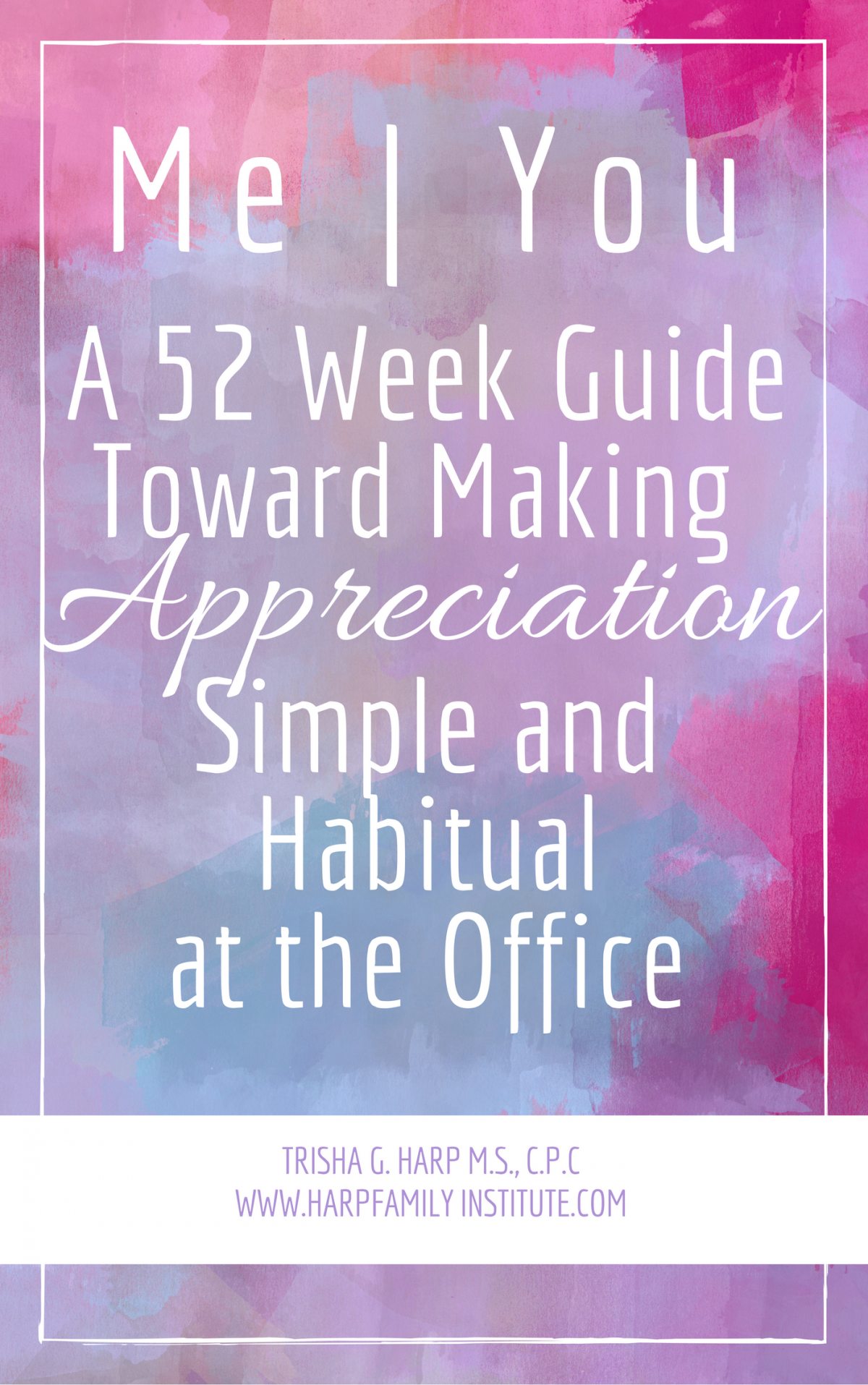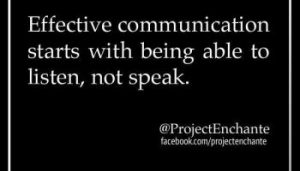Phew, this is a tough topic, in my opinion. Sometimes life as an entrepreneur is amazing. Everything is going your way. You are on top of the world. Everyone wants to snuggle up next to you and your neighbors want to be you.
And then . . .
NOT.
I always say, if entrepreneurship was for everyone, then everyone would do it. Obviously, that’s not the case. You need a soul of steel somedays to withstand and endure the wild roller coaster of business ownership. I will never forget several years ago sitting at an awards dinner with my husband (which we won btw). We had just come off of a crazy day with about 3 major highs and an equal number of major lows (business wise). We joked at the time about the crazy day we had just endured and how this lifestyle is definitely not for everyone. A friend recently said she and her husband use the phrases, “I’m killing it / it’s killing me” to describe business ownership and sometimes multiple times a day. I loved that!! So, with the constant volatility of entrepreneurship, what are some techniques to pick yourself up from your bootstraps to persist, persevere and continue to pursue your passion?
- According to research via Harp Family Institute, 3 ways entrepreneurs healthfully deal with stress is to, exercise, talk it through, and change your environment. I have taken this to heart and have adopted what I call the “walk and talk”. Just when you’re about to bang your head against your desk or punch your computer, find someone around you and take a walk. Long, short, fast or slow, it doesn’t matter. Choose a topic to discuss. It can be about work if you need to orally process, or it can be about the latest tv show or movie you have seen. By changing your environment, talking and walking, you are essentially accomplishing all 3 of the top stress releasers recommend in one activity.
- Choose an amazing life partner! This may seem obvious, but its really not. In order to regularly feel like you’re not entirely alone in the world, it’s best to have a spouse or life partner who is able to make lemonade out of lemons on a regular basis with you. Don’t leave him/her in the dark. Keep your partner appraised of your ups and downs. That said, find out how much they can actually handle and try to work within those parameters. HFI data shows that spouses can take a great deal more than entrepreneurs believe. Have the conversation and let your spouse know how you want them to respond when you’re sharing about the business. When you share an ‘it’s killing me’ moment, do you just want to vent or actually get their feedback?
- Sleep. I know as entrepreneurs you want to feel like you’re invincible super heroes all of the time, but even most super heroes need sleep. Study after study shows the importance of getting a good night of sleep. Give in and allow yourself 8, 9 maybe even 10 hours!
- Give yourself permission. This may seem odd, but sometimes giving yourself permission to take a few hours or even a day off will free your mind to solve the problem at hand. Day in and day out you give of yourself, your time, your energy, your everything. We are human and we do need to recharge. Allowing time to yourself will often heal the fissure you feel from the constant beat down of business ownership.
- Find a simple task to complete. During your day, you are likely bombarded with a million major fires and problems to solve. I often talk about how packing an overnight bag or deciding what to eat for dinner feels monumental after a long day of decision making. Find something brainless and simple to do, like doing the dishes, making your bed, or a certain repetitive action in a video game. The sense of completion you will feel from even doing a menial task can help heal your bruised psyche.
- Self talk. What we tell ourselves on a daily basis matters. Sometimes when we are surrounded by, what feels like dishonorable people, reminding ourselves that we would rather be an honorable soul can help. Sadly, in the business world, as in life, not everyone operates at the same level of loyalty and honor. And it is frustrating. Sometimes it’s hard to always DO THE RIGHT THING. But know, even if it means you get screwed over sometimes, you probably couldn’t live with yourself if you didn’t live as honorably as you do. For the duplicitous a** holes out there, well, just try to feel sorry for them. For they most likely live a challenged and miserable life behind closed doors. (I think this may end up being a whole blog post for another day)!
- Read. Fiction, non-fiction. Whatever works. It’s great to choose books (or movies) about people who were down and eventually “made it”. Stories like those about Walt Disney and other entrepreneurs who tried, and tried, and tried, and tried and only when they thought it a lost cause, finally made it. Those are my super heroes! Tenacity. Perseverance. Souls of steel!
- Recognize that stuff is just stuff. Houses, cars, jewelry, boats, planes and all of the great things that come with having money are only great if you have someone to share it all with. Sometimes it’s easy come, easy go with this lifestyle. Make sure you try to surround yourself with friends and family who won’t bail on you if times get tough. Ask yourselves, how far are we willing to go and how much are we willing to risk? Set limits and try your darnedest to keep them. What would happen if you had to sell the house and move to an apartment? Still together or not?
- Hug a child or a pet. Sometimes we just need a little unconditional lovin’ in our lives. Although our spouses and partners can offer love and support, its just feels different when its coming from someone who doesn’t really understand just how much pressure you are feeling not to let them down. No kids or pets in tow? Buy a large stuffed animal or a weighted blanket and put in on your chest. There’s a reason they use them for individuals with disabilities. They are amazingly comforting.
- Practice gratitude. When life gets you down, make a list of everything you are grateful for. Come up with as many things as you can think of and share it with your partner. Recognizing how much we have in our lives can put the down moments into perspective and help propel us forward. Sometimes it also helps to make a reverse gratitude list. How much worse could it be? Then be grateful it’s not that bad!
Recently we started watching Little House on the Prairie with our kids. Aside from the tremendous amount of “teachable moments” the show provides, I love watching how Pa literally has bootstraps on his boots. A great deal of the literature review for my Master’s Thesis was on farm families because in many ways, they were the original entrepreneurs. Every time I watch Pa and his bootstraps I am grateful for how far we’ve come!
How do you pull yourself up from your bootstraps?











